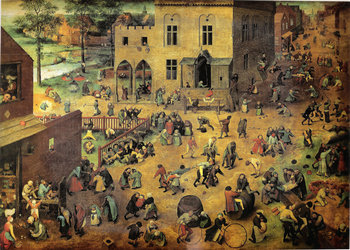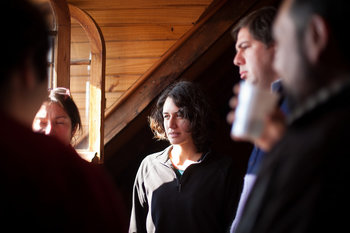|
| |
Systems are things with many interrelated parts. These include natural systems such as ecosystems or the organ systems of your body. Systems can also be human created. These include unplanned systems that emerge such as a city without urban planning and systems that are designed such as a software system. The following are common examples of systems.
Agricultural systems | Air traffic control systems | Banking systems | Biological systems e.g. respiratory system | Bureaucracies | Carbon cycle | Climate systems | Communication systems | Cultures | Economies and economic systems | Ecosystems | Education systems | Electrical grids | Emergency services | Food chain | Food web | Global financial system | Healthcare systems | IT systems | Industrial systems | Institutions | International diplomacy and related institutions | Justice systems | Labor markets | Legal systems | Markets | Military–industrial complex | Monetary systems | Ocean currents | Organizations | Oxygen cycle | Political systems | Prison systems | Rail systems | Social media platforms | Social systems | Societies | Solar systems | The Internet | The global environment | The human brain and the central nervous system | Transportation systems | Voting systems | Waste management systems | Water cycle | Weather systems | World trade system |
More about systems thinking:
If you enjoyed this page, please consider bookmarking Simplicable.
© 2010-2023 Simplicable. All Rights Reserved. Reproduction of materials found on this site, in any form, without explicit permission is prohibited.
View credits & copyrights or citation information for this page.
|
































